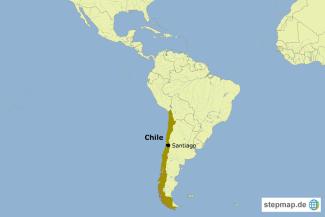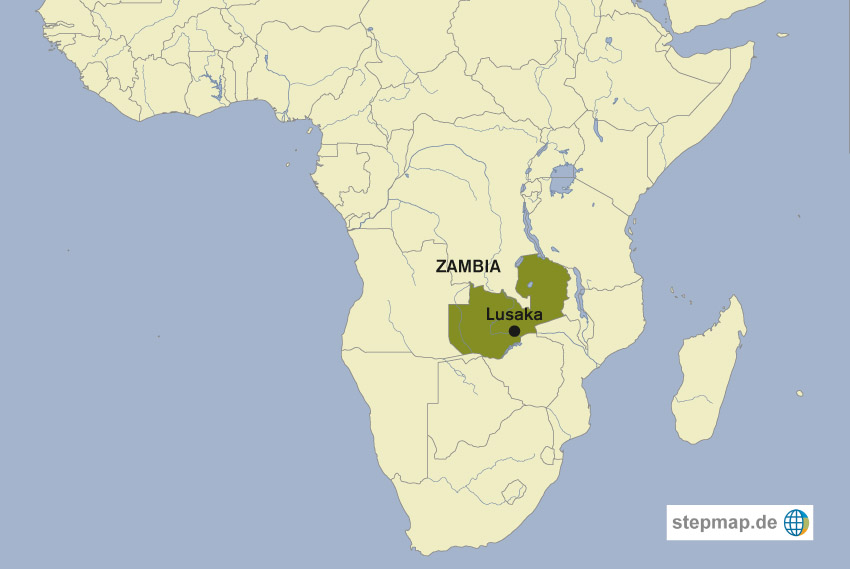Teachers
One school, two kids

There is, for instance, a small primary school in the rural area of Gomero, in the Biobío region in the southern Chile. Only few houses surround the building. It is squeezed between mountains and sitting next to the river Biobío, which originates right here at the feet of the Andes.
This school was started in the 1930s. Many people in the area got their primary education here – mostly the children of farmers and rural workers. Today, some worry about the school’s future. Migration from the countryside to the urban centres has left the school almost without children. But without pupils, there can be no school.
“When I went to this school in Gomero in the 1960s, we were about one hundred children,” remembers Patricia Cisternas. Today, she is the only teacher. Back then, her father taught here. However, he took care of 100 pupils. Patricia only teaches 10-year-old Marco and 11-year-old Juan Pablo.
The question is why people leave the rural areas. In the last 50 years, Chile has the lowest share of rural people in Latin America. Currently, a mere 11 % live in the countryside, according to World Bank statistics. The reasons are economic, Patricia says.
Gomero was always a village of agriculture and winegrowing. Its development ground to a halt when big forestry companies began to buy land in the area. The farmers took the money and moved to the city, hoping to live in a house with electricity and drinking water. One after the other, the villagers left their homes.
“When I grew up, people would always tell their kids: ‘you have to do better than your parents, you have to strive for more’,” Patricia recalls. She does not live in Gomero anymore herself. Every morning, she comes here by train from a nearby town. She has to walk three kilometres from the station to the school, so class starts at 10 o’clock. She moved to the town because life is more comfortable there.
Despite of everything, the two pupils at Gomero school, Marco y Juan Pablo, say they want to stay in the village, “or at least return later.” Both know they will have to leave at some point. Juan Pablo will actually leave next year, in order to attend a school with more specialised teachers. But the school will not be left with a single student, say Patricia: “A family is soon coming back to the village, because they are disappointed in city life. And they are bringing their children along.”
Javier Cisterna Figueroa is a journalist who lives in Concepción, Chile.
cisternafigueroa@gmail.com















